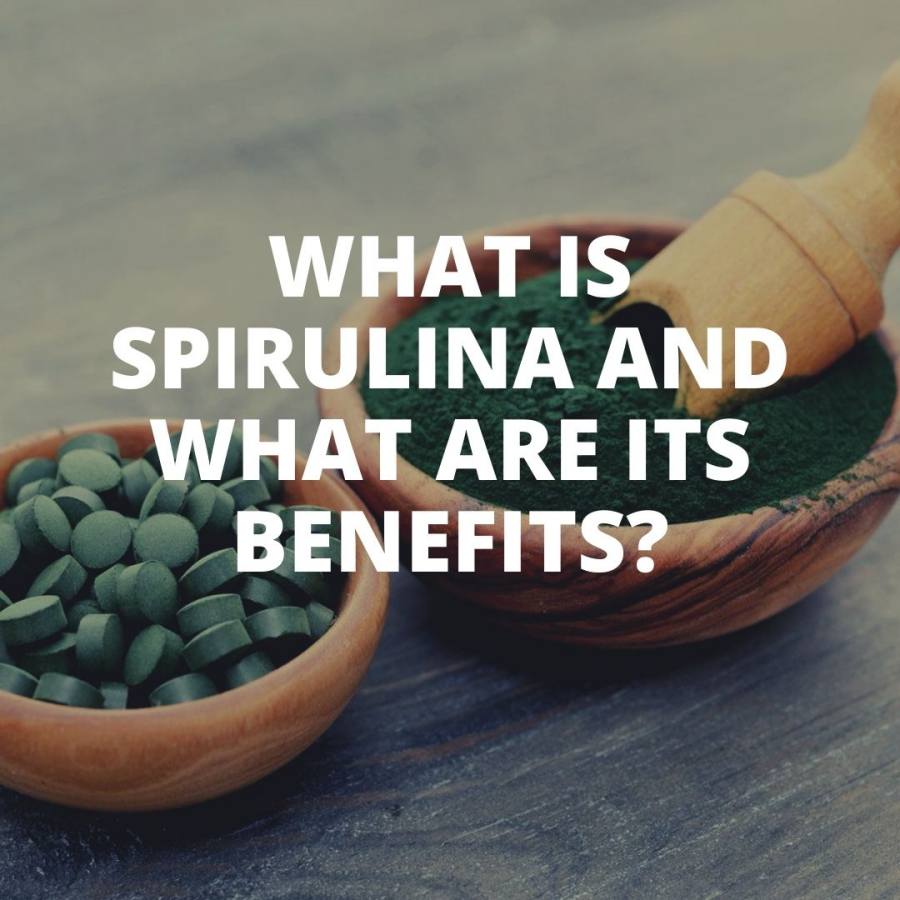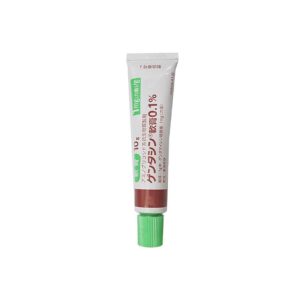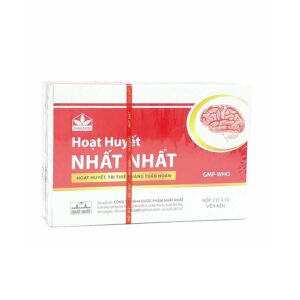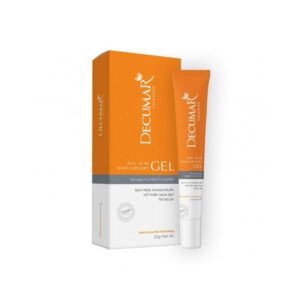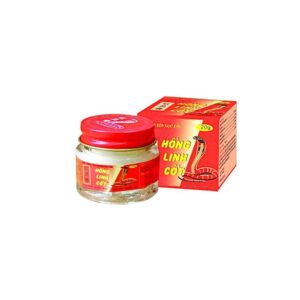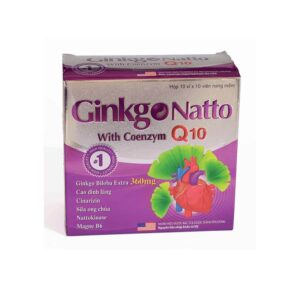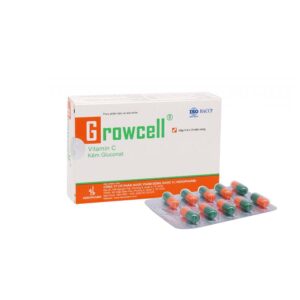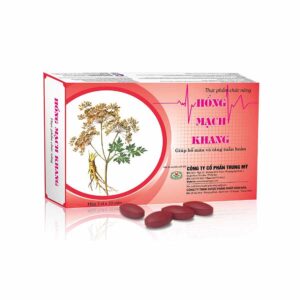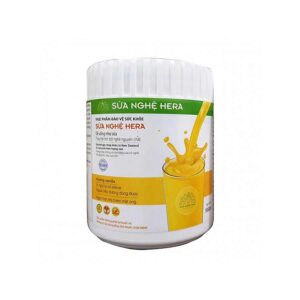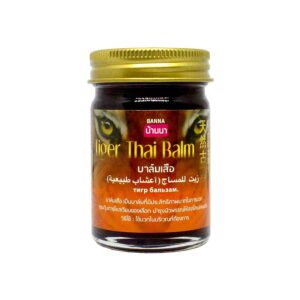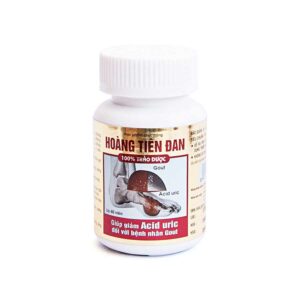What is Spirulina?
Many interesting and useful articles have been written about this legendary supplement derived from algae. Let’s find out in detail what is so interesting about spirulina.
Spirulina belongs to the genus cyanobacteria, the blue-green algae, which has long been considered the most valuable product for our health.
Spirulina is, without exaggeration, a treasure trove of beneficial elements, such as B vitamins. Among them is B12, which is very important for our body. This substance, also called cobalamin, consists of cobalt and cyanogroup compounds that are essential for the formation of red blood cells and nerve fibers. Also vitamin B12 is involved in metabolic processes, transport of fats and carbohydrates. In addition to its main, hematopoietic function, cobalamin normalizes liver lipid metabolism, improves the nervous system and reduces cholesterol levels. This substance is necessary for the synthesis of DNA molecules, important amino acids.
Vitamin B12 is important for cell division processes, in particular blood cells, skin cells and the immune system. Deficiency of this vitamin leads to nerve damage. Deficiency of this compound can be identified by the following symptoms: poor mood, lethargy, loss of strength, pale skin with a yellowish tint, back pain, poor appetite, numbness in the muscles. Answering the question “What is good about spirulina”, we note that one tablespoon of this supplement contains 300% of the norm >B12.
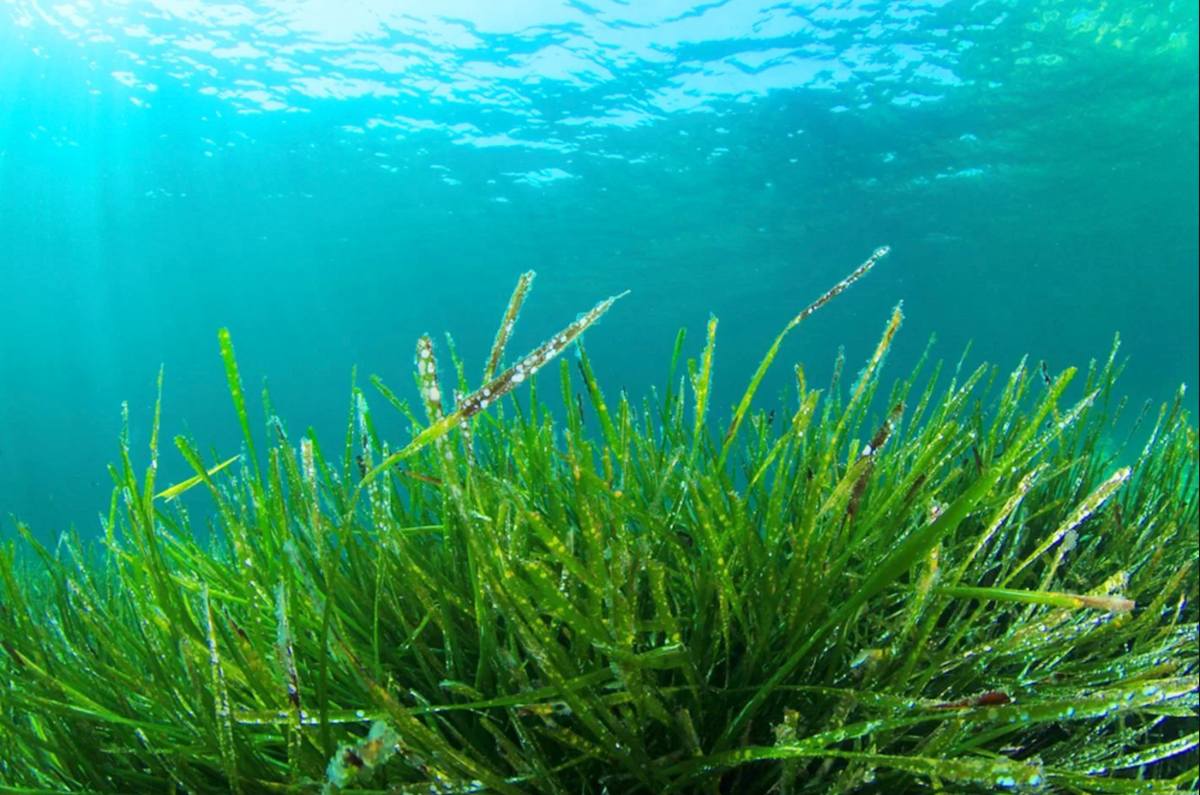
In addition to vitamin B12, spirulina is very high in vitamins B6 and B2, which are found in large quantities in animal products. This is why spirulina is a very important supplement in the diet of vegetarians. Regular intake of spirulina helps to improve the work of all body systems, without exception, but it is particularly beneficial for the metabolic processes, the digestive system, as well as for the health of the heart and blood vessels.
In addition to B vitamins, spirulina is rich in vitamins PP, folacin, vitamin E. Blue-green algae are rich in valuable trace elements such as iodine, zinc, magnesium, selenium, potassium, calcium, chromium. If you are wondering what spirulina is good for, it is highly recommended to take for anemia because it is very high in iron.
The only thing missing in spirulina powder is vitamin C, and the rest of the vitamins and trace elements are present in abundance. It has 100 times more vitamin B1 than beef and 25 times more beta-carotene than carrots.
The uniqueness of this seaweed is given by its protein content, which is 2 times more than in meat and 3 times more than in legumes. This property makes spirulina very valuable for vegetarians and athletes who need an additional source of protein.
Looking deeper into the question of what spirulina contains, it is important to recall a unique substance. It is the only known anti-tumor compound called phycocyanin. Daily intake of spirulina suppresses the growth of malignant cancerous tumors, does not allow metastases to spread. It is very useful to take spirulina after radiotherapy and chemotherapy.
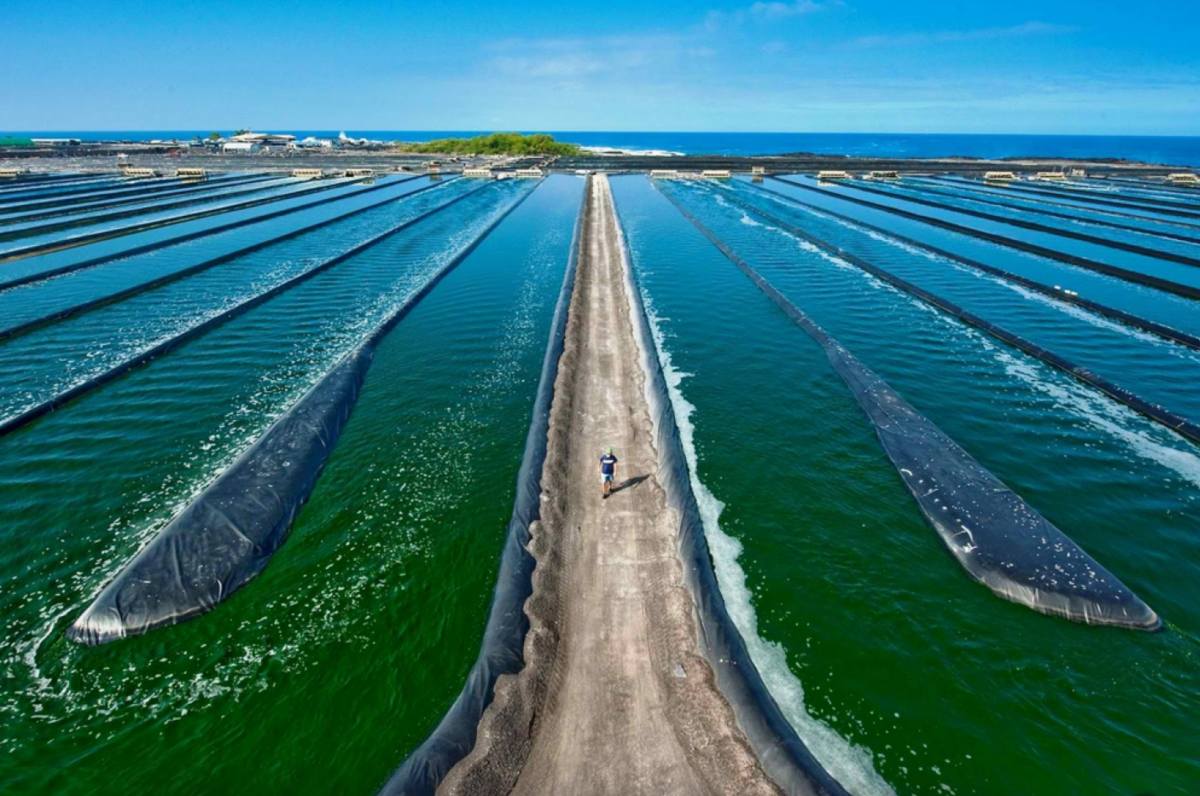
Benefits of Spirulina – General properties
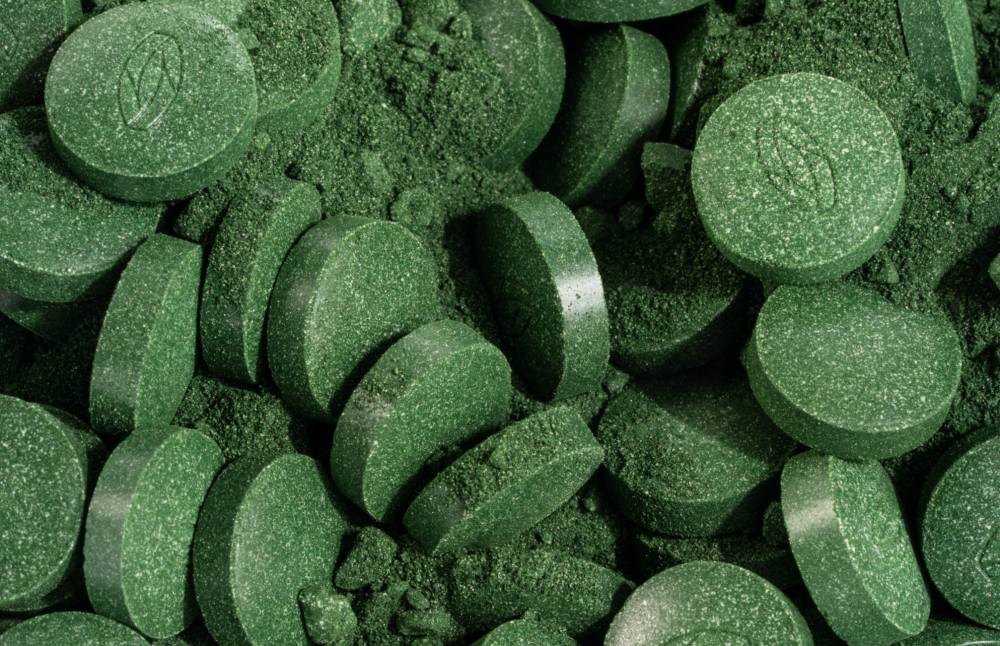
The unique composition of blue-green algae normalizes all physiological processes and functions in the body. People with a weakened immune system, after a long illness, spirulina powder will be a very valuable and indispensable supplement to the diet.
Algae extract accelerates the regeneration process, strengthens body defenses, reduces the risk of complications after surgery. This is why it is very useful to take spirulina after operations of varying complexity, because it quickly heals wounds, reduces the likelihood of infection.
Spirulina is an important component in detox diet, because it improves liver function, improves barrier mechanisms, enhances cleansing functions of the body.
The enormous amount of valuable vitamins and microelements makes spirulina an excellent tool for prolonging beauty and youth. In addition to being taken internally, spirulina is excellent as a mask for improving the skin.
Very useful preparations of spirulina in diseases of the heart, high blood pressure. This valuable supplement is indispensable in the complex treatment of myopia of heavy degree, its progression, other eye diseases, as well as to increase visual acuity.
It is useful to know that spirulina is used in cosmetology – masks of this valuable powder saturate the skin with useful vitamins. Already after a few treatments, the skin becomes more elastic, elastic, radiant, even deep wrinkles are smoothed.
When you know why spirulina is useful and valuable and what it is, you can safely order supplements of this algae.
- Spirulina is a quick and long-lasting satiety. Regular use will help to reduce the portion sizes of breakfast, lunch and dinner. At the same time, all nutrients are fully absorbed – the body recycles them into pure energy. And this with a minimum caloric content of the product. This is why spirulina is often included in the diet of those who want to lose weight.
- The useful substances contained in spirulina are involved in metabolic processes. Regular consumption of the algae will help speed up the metabolism – this is important for those who lead a sedentary lifestyle.
- The balanced vitamin and mineral composition of the algae helps to improve the condition of the skin, hair and nails. Dried spirulina is often used as a component in cosmetic masks and scrubs. And algae capsules are used as a “beauty” supplement.
- Spirulina cleanses the body of toxins, removing harmful substances.
- Algae helps to “normalize” blood pressure levels and improve blood properties. It is often recommended as a dietary supplement for vegetarians to prevent anemia.
- The whole range of nutrients in spirulina helps to strengthen the immune system.
- The algae has a high content of B vitamins, which has a beneficial effect on the psychological state of a person. It is an effective prevention of stress, insomnia, nervous excitability and anxiety disorders.
- Antioxidants contribute to the rapid renewal of the cells of internal organs, which is important for people with chronic diseases of the lungs and cardiovascular system.
- It is believed that spirulina in combination with antihistamines helps to cope with the severe consequences of allergies to pollen and animal hair.
Spirulina is useful for pregnant women, children, people after illness
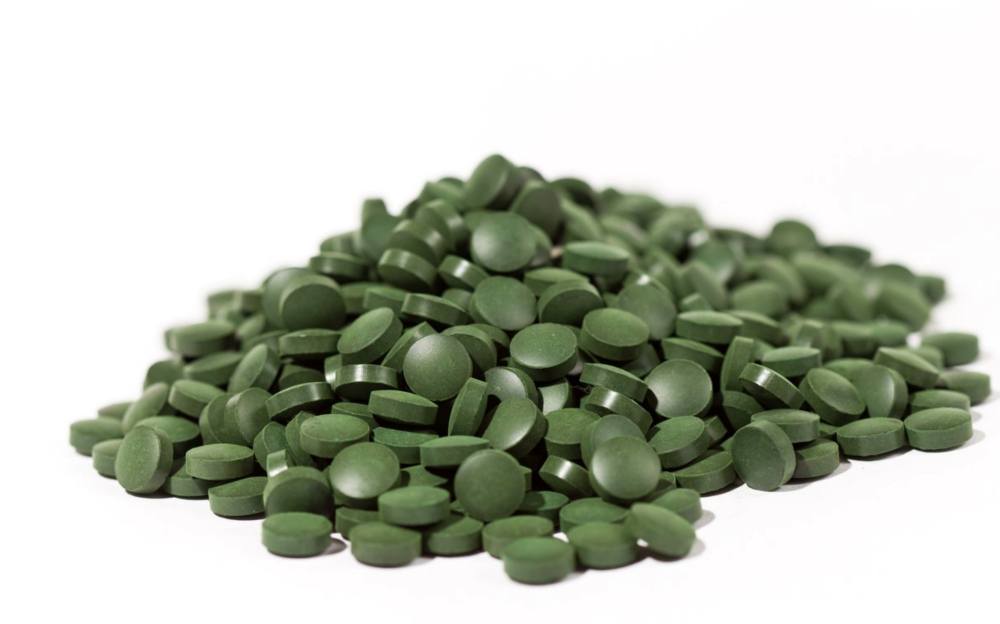
The rich composition of spirulina makes it a particularly valuable addition to the diet of pregnant women and women planning to become pregnant.
The use of spirulina helps to compensate the deficit of all necessary vitamins and microelements and provides the correct course of pregnancy.
Due to high concentration of iron, spirulina helps to reduce the risk of anemia and thus prevents possible pathologies of the fetus. A large amount of calcium and protein helps to properly form bone structure, muscle mass, and placenta.
Spirulina is also recommended for children, because the growing body is in great need of increased doses of protein, vitamins and trace elements.
Spirulina activates the immune system, helping the immature body to resist viruses and disease-causing agents.
Good digestibility of iron helps to avoid the development of anemia. Complex fatty acids provide full brain function.
Children especially often complain of abdominal pain, because the digestive system is particularly sensitive to adverse factors. Spirulina normalizes the intestinal function, thanks to a gentle restoration of the microflora.
Often blue-green algae are recommended for type 2 diabetes. Studies show that already in six weeks after starting to take Spirulina, blood sugar is reduced.
The supplement is useful for arthritis, joint diseases, to protect against infections.
By strengthening the defenses, spirulina improves the state of the body with the flu, acute viral infections. It is advisable to take the supplement and at high blood pressure. It is also proved a positive effect of blue-green algae in alcohol intoxication: taking the tablets relieves the withdrawal syndrome.
Features of use
Spirulina, most often comes in the form of tablets – they are easy to dissolve, so they are easy to drink, quickly absorbed. As a preventive measure, the supplement can be taken before meals, in an amount of 1 gram. For treatment, the dose is increased by 2 times. The number of tablets for the treatment of severe conditions is approved by the attending physician.
Like all natural supplements, Spirulina acts gently, not immediately, but gradually, showing a cumulative effect. Regular intake of this useful green algae helps to improve the overall condition of the body under severe conditions, increase muscle strength and endurance, lower cholesterol, increase resistance to disease.
The only contraindication to spirulina intake is hypersensitivity or allergy to iodine, as this alga is characterized by its high concentration. Also, if you are taking any medications, supplements, consult your doctor.
How Spirulina differs from other superfoods
The “Superfoods” category includes many foods-some berries, fruits, herbs, and cereals. But spirulina stands out. It has many more nutrients than other plant foods.
Judge for yourself:
- Spirulina is pure protein. It contains up to 70% plant proteins. That is why this algae exceeds nuts, seeds, beans and green vegetables in nutritional value by several times.
- One tbsp. of dried spirulina contains 200-300% of daily requirement of vitamin B12.
- Spirulina has much more beta-carotene, which is converted in the body into vitamin A than in carrots, pumpkin, sorrel and spinach.
- Is one of the few plant sources of the antioxidant phytocyanin, which protects cells from damage and early aging and promotes cell regeneration.
- Contains a whole set of amino acids and unsaturated fatty acids. This is the most important building material for body cells and tissues.
- It turns out that even NASA has long appreciated the nutritional properties of spirulina. The algae is included in the diet of astronauts on board space ships during long missions.
Spirulina intake: in powder or capsules?
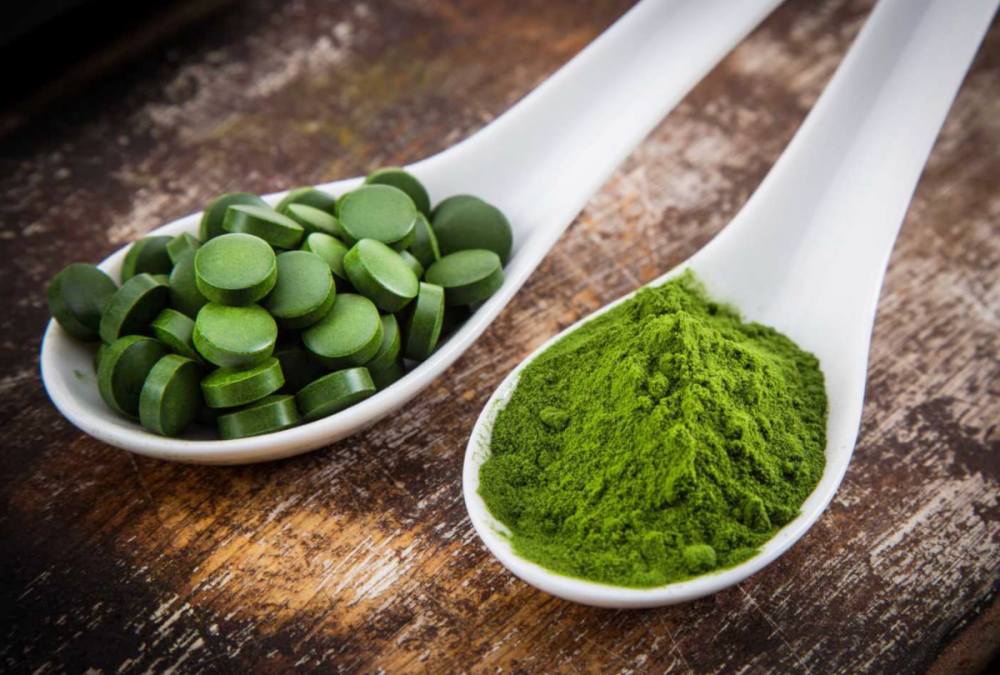
Spirulina is dried before it enters stores. And everyone has a choice – algae in the form of powder or tablets.
Let’s figure out which form of the product is more convenient.
Powdered spirulina has a very specific taste. To put it mildly, not the most pleasant – bitter, tart.
Crushed seaweed is mainly used for masks for face and hair. But there are also real braves who include powdered spirulina in the diet – preparing soups, smoothies and even salads. But only the recipe has to be supplemented with a lot of spices or sweet syrups, if it is a cocktail. Otherwise, because of the unpleasant taste, the seaweed will be difficult to eat.
There is one important point when adding spirulina to a particular dish. Some of the useful substances “evaporate” during heat treatment. It turns out that you do not get the full amount of vitamins and minerals that you expect. Therefore, if you use spirulina in cooking, it is only in cold dishes.
Spirulina in tablets is a much more convenient form for introducing algae to the diet. No unpleasant taste, but a whole complex of useful substances for the body without drastic changes in the menu. The tablets have practically no contraindications, and it is convenient to carry them with you to take “on schedule”.
What you should know about Spirulina
- Spirulina is a natural food supplement. It enriches the diet with deficient micronutrients.
Keep in mind that taking a large amount of algae leads to an additional burden on the liver, and in some cases causes allergic reactions as well. - Spirulina should not be taken by people who suffer from autoimmune diseases.
- Spirulina is used as a food coloring in the manufacture of some sweets, as well as an active ingredient in cosmetic masks. The algae is part of many smoothies, smoothies, teas, puddings, puree soups, and vitamin salads.
- Before taking spirulina, it is necessary to consult a doctor.
Video: It’s Alive! Spirulina Algae Growing with On The Grow!
Read more articles:
7 favorite foods of gastroenterologists
The most dangerous ingredients in food

